Choosing Music For Your Documentary
(Advice From A Composer)

Guest Post By: Caleb Parker, Music Composer
So you’re working on a
film and need music?
In this article, you will learn several options for sourcing music along with their "pros and cons" - these options range from free to varying levels of pay.
In the interest of transparency, you should know that I myself am a composer. Regardless of whether or not I influence your future decisions, perhaps these reflections will give you valuable insight into what goes into music scoring, and help you choose a method by which to find music that best fits your needs.
Let's go through the options one by one:
- Music Libraries
- Writing Your Own Music
- Hiring A Composer
Related Article: How To Work With A Composer
Music Libraries
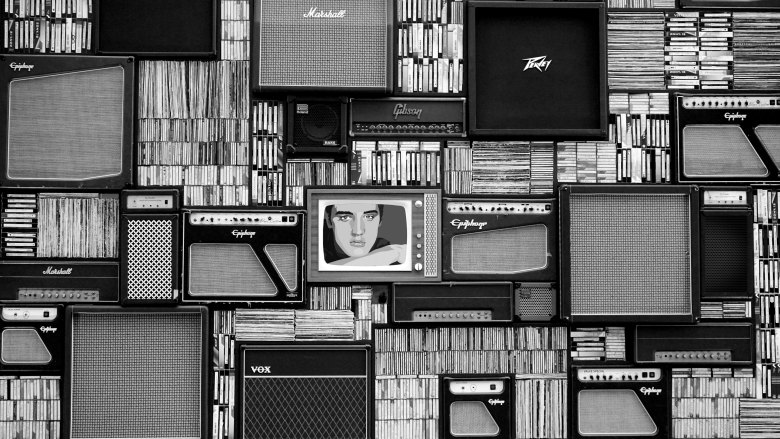
Music Libraries are a dime a dozen- but then again so are composers.
You could easily spend days sifting through search engine results for one music library that has the type of music you’re looking for, and then even more time sifting through that library to find a track that works with your scene.
Within this category, we have free stock music libraries, and paid music libraries.
If you didn’t budget for music in your film, free stock music libraries are for you.
Free stock music libraries might require acknowledgement for a track’s use. The tracks you’ll find here are generally inferior quality. This means poor audio, and compositionally lacking, i.e., non-memorable melodies, or ripped off ideas, etc. These tracks are widely used in hobbyist videos on YouTube and elsewhere, so they aren’t unique, per se.
You’ll need to ask yourself if you mind using a highly-trafficked piece that might even have associations to other films.
Generally speaking, you get what you pay for.
These libraries are free, sure, but do they add value to your work?
Paid music libraries are generally royalty-free, referring to the right to use intellectual property without the need to pay royalties/license fees for each use, per each copy or volume sold or some time period of use or sales.
There are many high-quality libraries with vast collections of music. They can also be very inexpensive with tracks coming in baseline around $20.
These are both very good things for you.
However, this is where things start to turn a little.
Most libraries have one or a few genres in which they specialize or require of their composers. This is good if you know exactly what you’re looking for, but can be limiting if you don’t.
And let’s be honest- most of the time, directors think they know what they want, but when you talk with composers, your tune often changes!
Additionally, music purchased from libraries (and this applies to the free stock libraries as well) is not custom-tailored to your media.
Some music libraries may offer different loops or varying duration versions of the cue (30, 60, 90 seconds) so you can drag and drop the track wherever you want, but it won’t be a precise fit.
Finally, and similarly to the free stock libraries, these paid cues can be used in other projects, so if you’re looking for something unique it’s definitely harder to find.
Related Article: How To Create An Accurate Documentary Budget
Writing Your Own Music

Writing your
own music is another option.
Look at you go, you multi-talented angel of creativity!
If you’re a real stickler for pure perfection and alignment to your creative vision, and have the musical chops/equipment available to you, this is a solid option.
I know personally quite a few directors/producers who also compose most if not all of the original music for their films.
Cutting out all middlemen, as it were, directly implies perfect music matches with custom-tailored cues fit to the media.
I have the greatest respect for these individuals and their talents are truly inspiring.
I have noticed, however, that many of these swiss-army knife creatives spread themselves and their talents thinly over their projects. One person can only do so much with limited time and resources, so a multi-faceted approach such as this might bring down the overall quality of a project.
Additionally, it may be difficult to remove oneself from the film. This means you may already have solid ideas in your mind of what you want musically, and where cues should go. The problem is that directors and producers often find themselves stuck on a certain sound or cue for a scene that might not work as well as a different approach would.
In the world of music production, artists rarely mix and master their own songs or pieces. Their ears are “fatigued” from listening to the same track repeatedly and it’s difficult to hear the piece in a different light.
Similarly, it is difficult, once you have dedicated yourself to a certain cue while filming, to stray from that cue and go in another creative direction.
Composers will be able to come into a project unbiased and offer their musical intuition. This may or may not line up with your original vision, but this dialogue and partnership is what really makes your film special and unique.
Working With A Composer
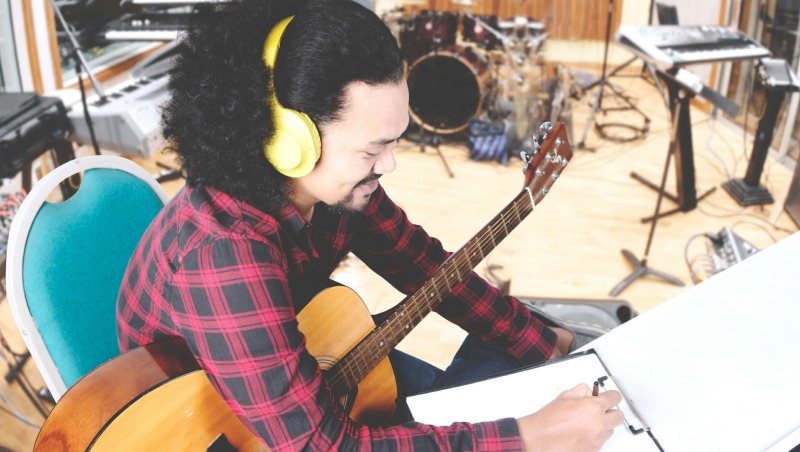
Working with
a composer is expensive and tedious. Kidding! But that is definitely
the preconceived notion.
While there are certainly times when this is true to an extent, this isn’t always the case- especially not in the world of documentary scoring. And again, if you budget for music like you learned earlier, this shouldn’t be an issue anyway.
Working with a composer will get you fine tuned musical focus on your film. Their sole purpose is providing high quality music to your film. This person will be a fresh pair of eyes to help offer musical insight. That is not to say you cannot guide them or request certain tasks of them, but a composer is a master of their craft and should be approached in such a manner- they exist to take your film to the next level.
Their cues will be custom-tailored to exact moments in the film: a dramatic reunion, a tragic loss, a horrifying scene, all accentuated by the music they write especially for those handful of seconds.
Starts, stops, fades, swells, hits, etc., all timed perfectly to heighten the audience’s experience.
Additionally, the score will be something new and fresh just for your film. It will help brand the film and people will recognize and associate your work through hearing the score.
Finally, by working with a composer you are supporting a fellow creative, like others have supported your creative endeavors.
Final Thoughts
In summation, there are many ways to procure music for your film projects. Are they all equal? No. But what matters most is you finding what works best for your creative process.
If you enjoy the hunt of using libraries, great!
If you insist on writing your own music, massive props to you.
If working with a composer is what your film needs, a high five and kudos from me.
While I definitely suggest you think seriously about working directly with composers if you’re more of a library-type, I’ll settle to know that you’ve at least read my thoughts and perhaps those will in some way help you along in your quest of finding the perfect music for you.
Happy creating!
About The Author
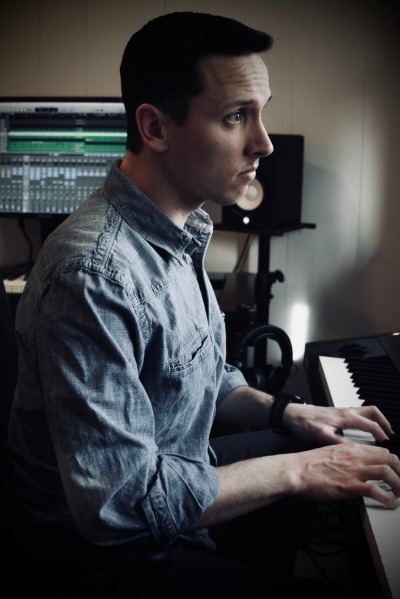
Caleb Parker
is a Northwest-based composer and producer. While his true love is music for
film, he writes everything from modern classical to tunes for musicals, and
even produces the occasional rap backing track. Visit the author’s website:
www.caleballenparker.com
Got questions or feedback for Caleb? Share below!
Documentary Resources
Ready To Make Your Dream Documentary?
Sign up for our exclusive 7-day crash course and learn step-by-step how to make a documentary from idea to completed movie!
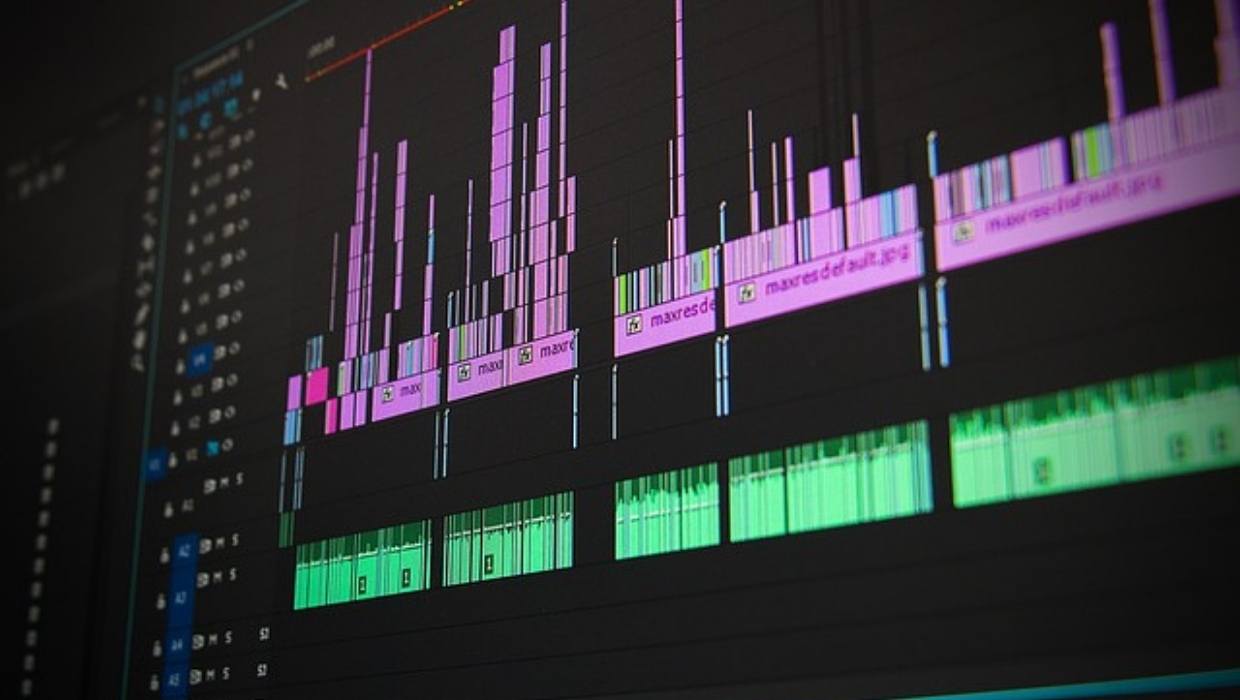



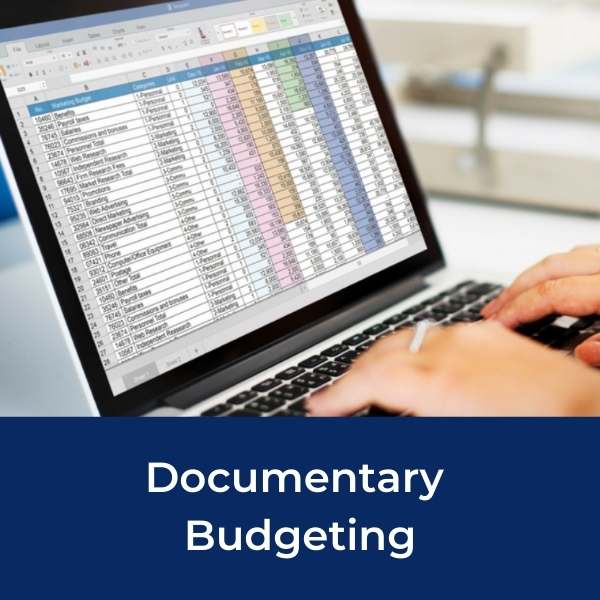
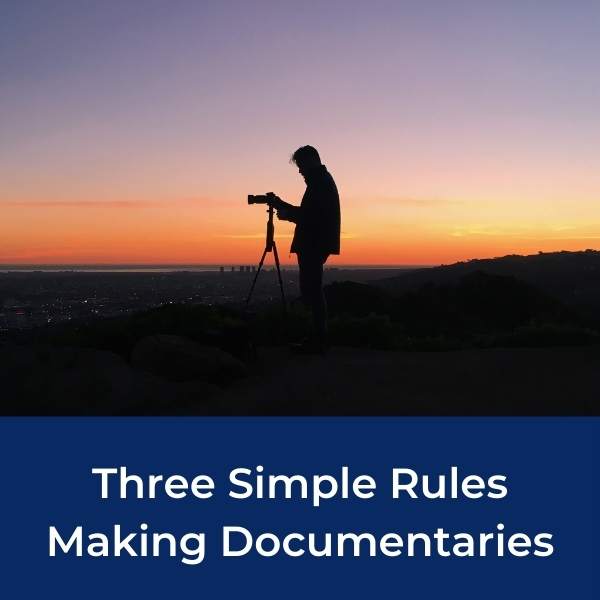
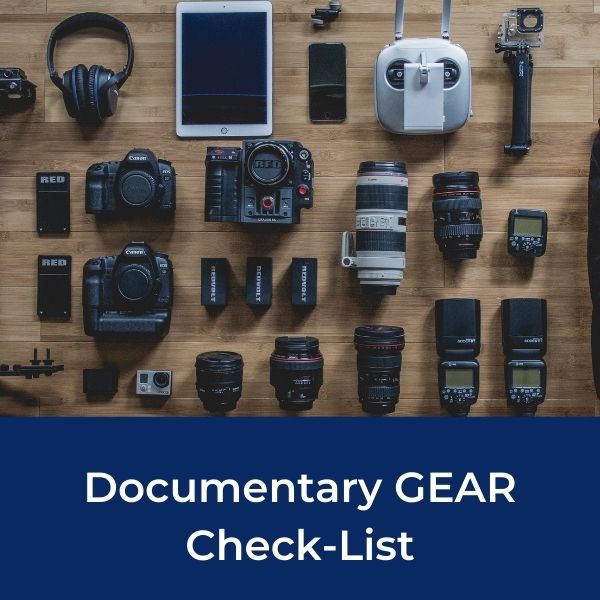

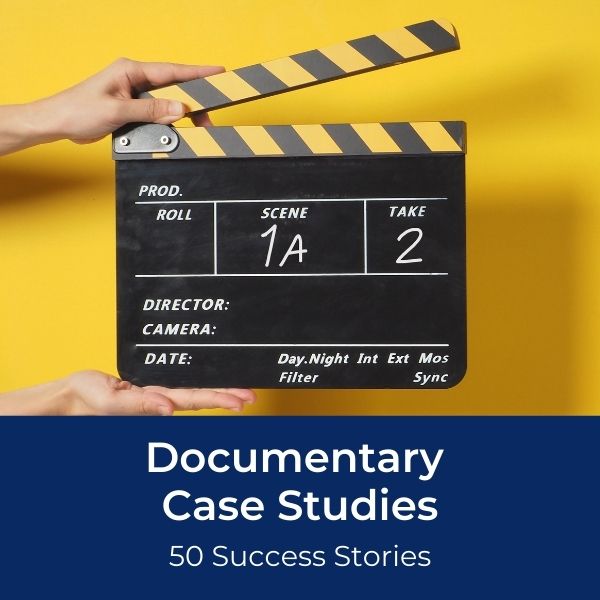


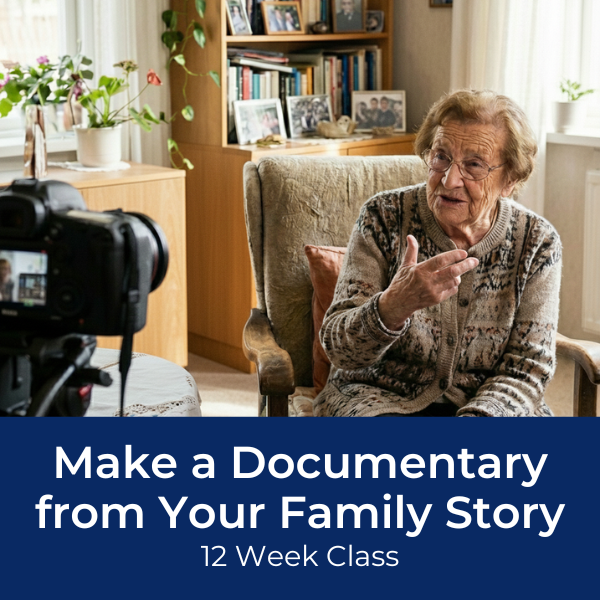
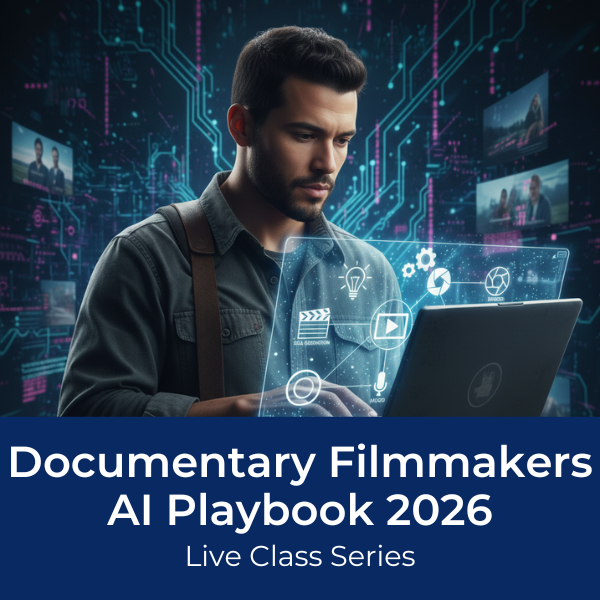
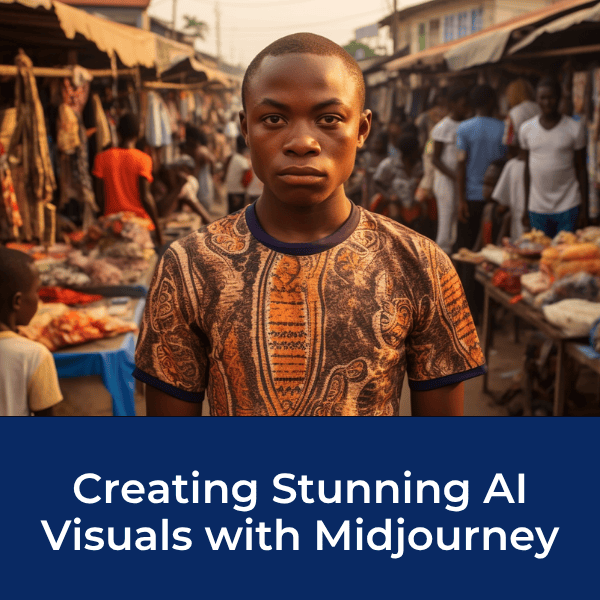



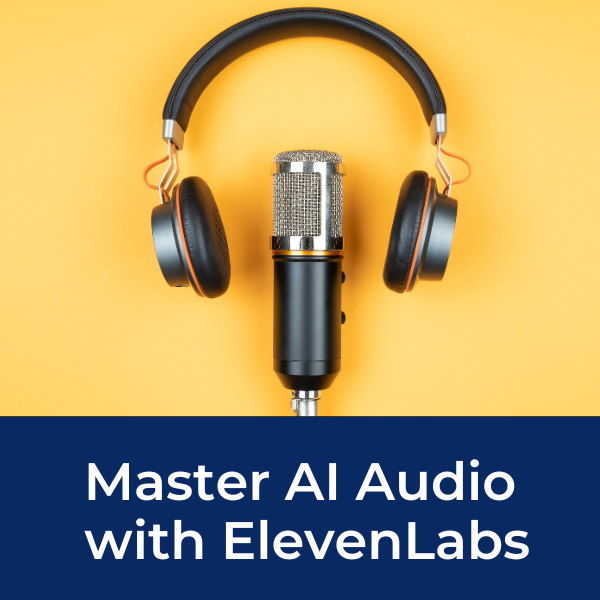



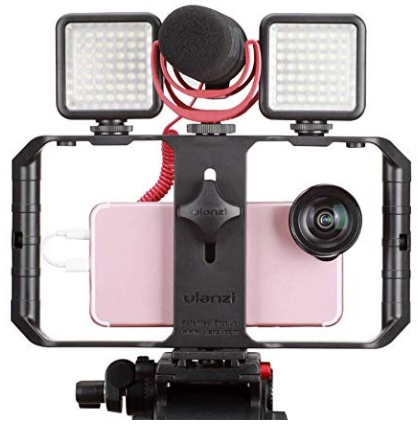
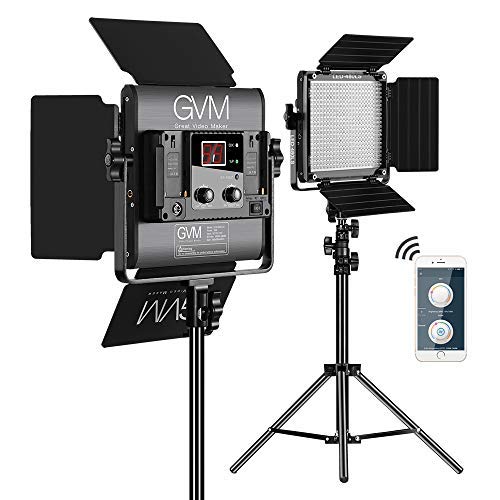
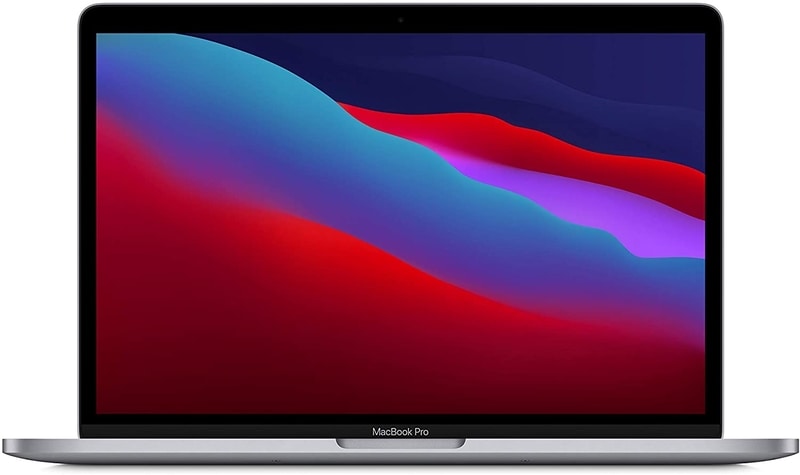
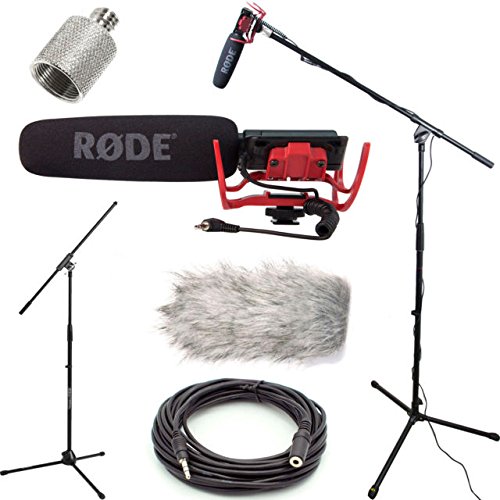
New! Comments
[To ensure your comment gets posted, please avoid using external links/URL's]